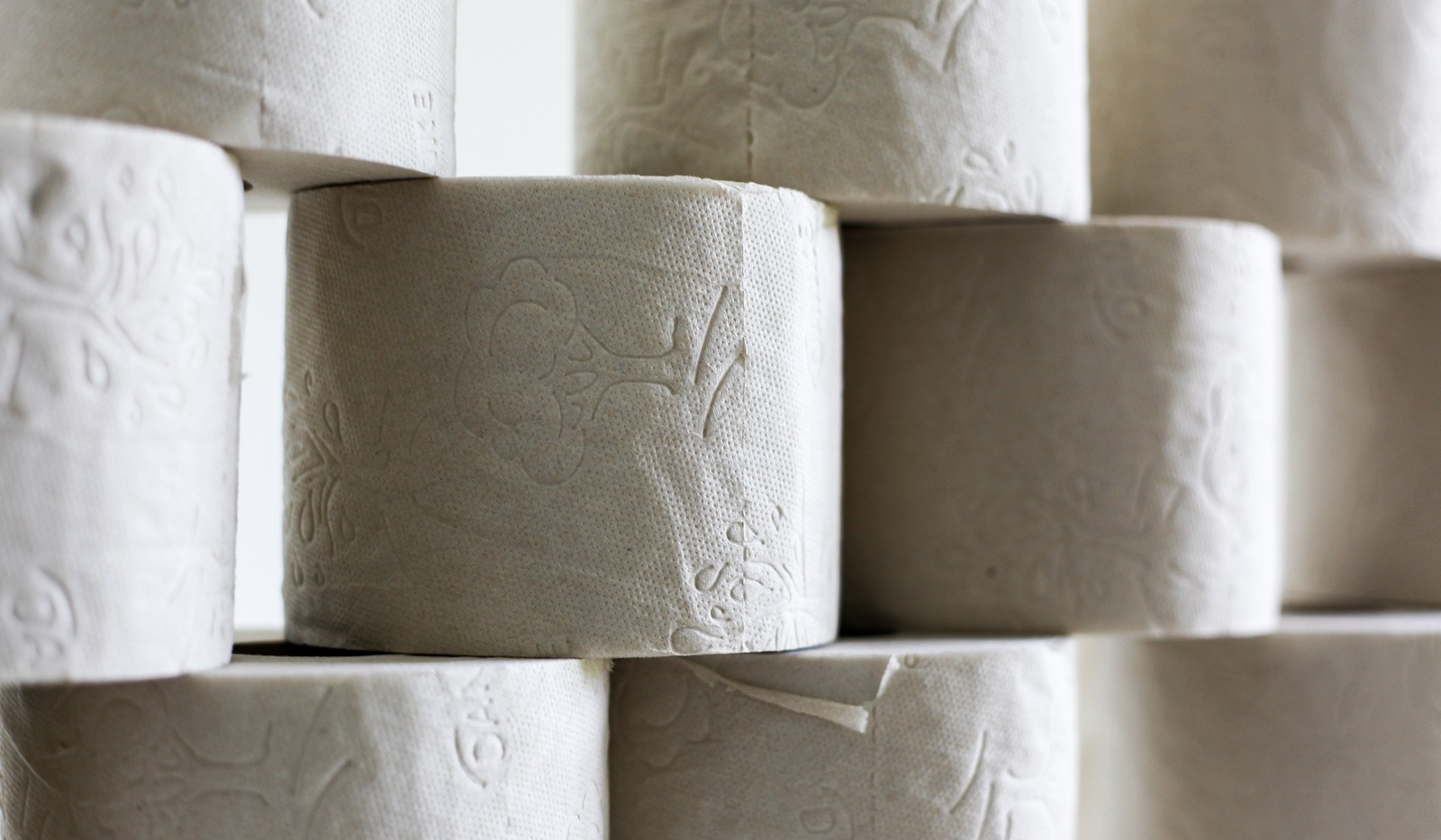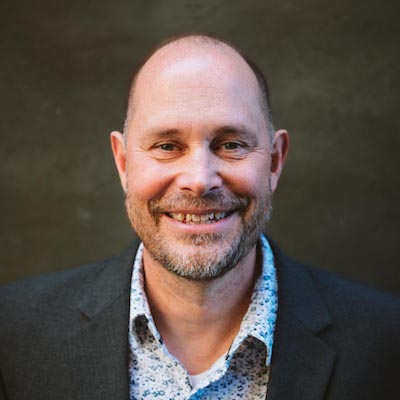
Costco needs to stop selling toilet paper made from ancient trees
We’re losing the ancient Canadian boreal forest at a rate of one and a half football fields per minute.
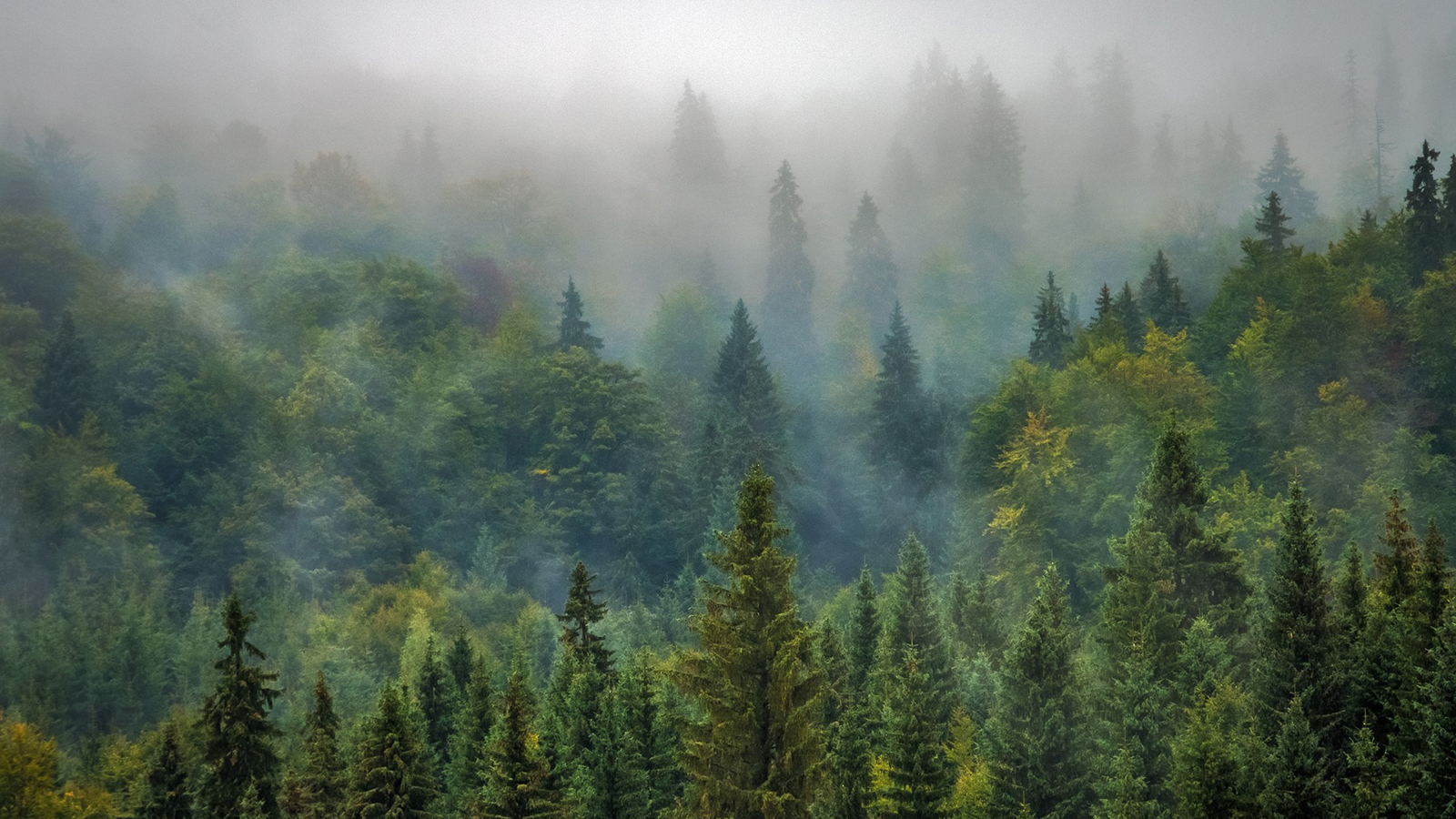
We’re losing the ancient forest of the Canadian boreal, one of the world’s most important forests, at a rate of one and a half football fields per minute.
Clear-cut trees are no longer sheltering wolves, caribou, elk and birds from across North America. They’re no longer absorbing carbon and helping to regulate our climate. Instead, they’ve been pulped to create extra-soft tissues and toilet paper.
But don’t cry into your tissue. Instead we can and must stop this senseless destruction. We’re calling on major retailers to stop selling tissue products that are destroying a priceless ecosystem. It’s time to urge Costco — which sells a billion rolls of toilet paper every year — to only sell products made from recycled materials.
Tell Costco: Help save the Boreal
The Boreal forest is worth saving.
There are still enough trees in the Canadian boreal spanning the continent, siphoning enough carbon each year to offset the global warming pollution of 24 million cars.
There is still wildlife, including the Canadian lynx, the snowshoe hare and the forest caribou, that pad the forest floor beneath their boughs. Nearly half of all North American birds still rely on the forest as they migrate and breed.
But unfortunately for wildlife and our climate, many manufacturers make their tissue paper using 100 percent virgin forest fiber — much of it logged and pulped trees from the boreal. These companies use all-virgin fiber because it makes a softer tissue they believe customers prefer.
We know we can save this forest together.
Here’s why we think we can win, and why Costco’s commitment would be so important:
- We have alternatives. There exist materials for creating tissue products that are far less damaging than wood, like wheat straw, bamboo and recycled paper. Well-regarded companies are already using them to make products many Americans use.
- We have momentum. Environment America and our national network have been publicly urging Procter & Gamble (P&G), which owns the Charmin, Bounty and Puffs brands, to stop making products using virgin fiber. In October, by a surprisingly large margin, shareholders voted for a proposal calling on the company to eliminate deforestation in its supply chain.
- As for Costco, toilet paper is its best-selling item. The retailer sells a billion rolls a year. If each and every one of those rolls were made in a way that tread lightly on the Boreal and the Earth, it would have a huge impact on the industry.
We’re calling on Costco to take two steps to help save Canada’s boreal forest: First, make its Kirkland Signature tissue products from at least 50 percent recycled or forest-free materials; then, refuse to sell other brands of tissue products until they implement the same change.
Topics
Authors
Steve Blackledge
Senior Director, Conservation America Campaign, Environment America
Steve directs Environment America’s efforts to protect our public lands and waters and the species that depend on them. He led our successful campaign to win full and permanent funding for our nation’s best conservation and recreation program, the Land and Water Conservation Fund. He previously oversaw U.S. PIRG’s public health campaigns. Steve lives in Sacramento, California, with his family, where he enjoys biking and exploring Northern California.
Find Out More
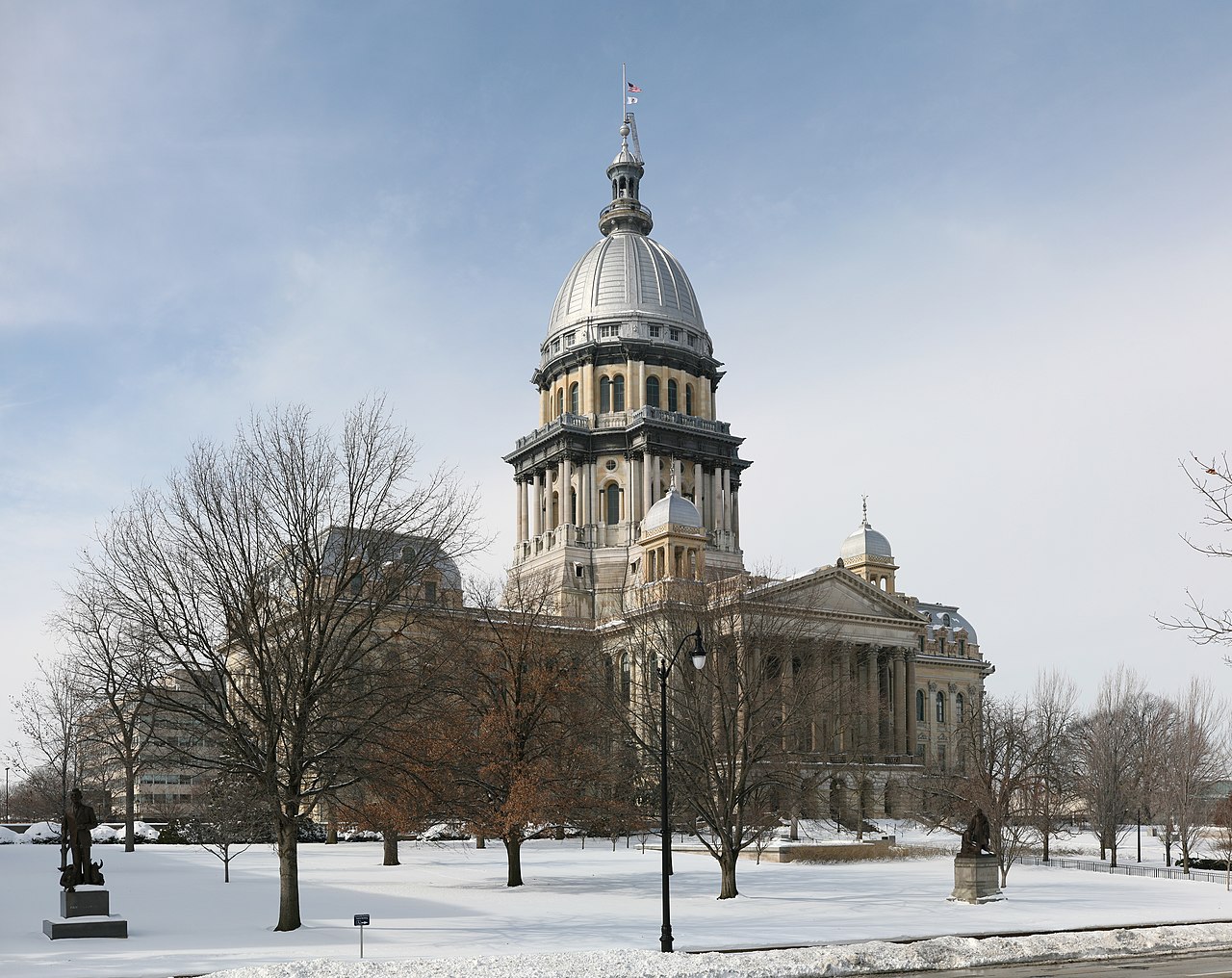
Our 2024 priorities in the states
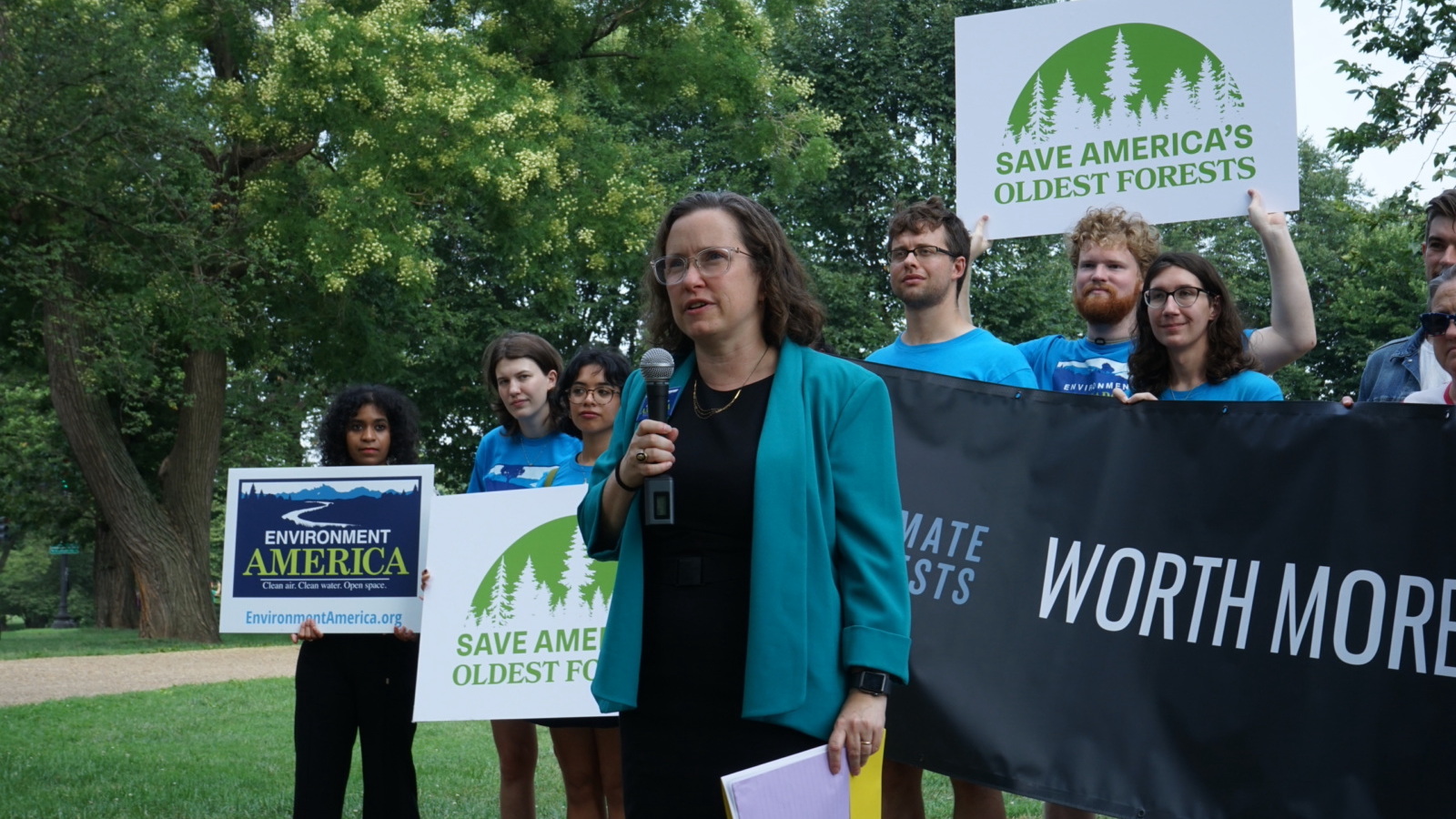
500,000 people call for mature and old-growth forest protections
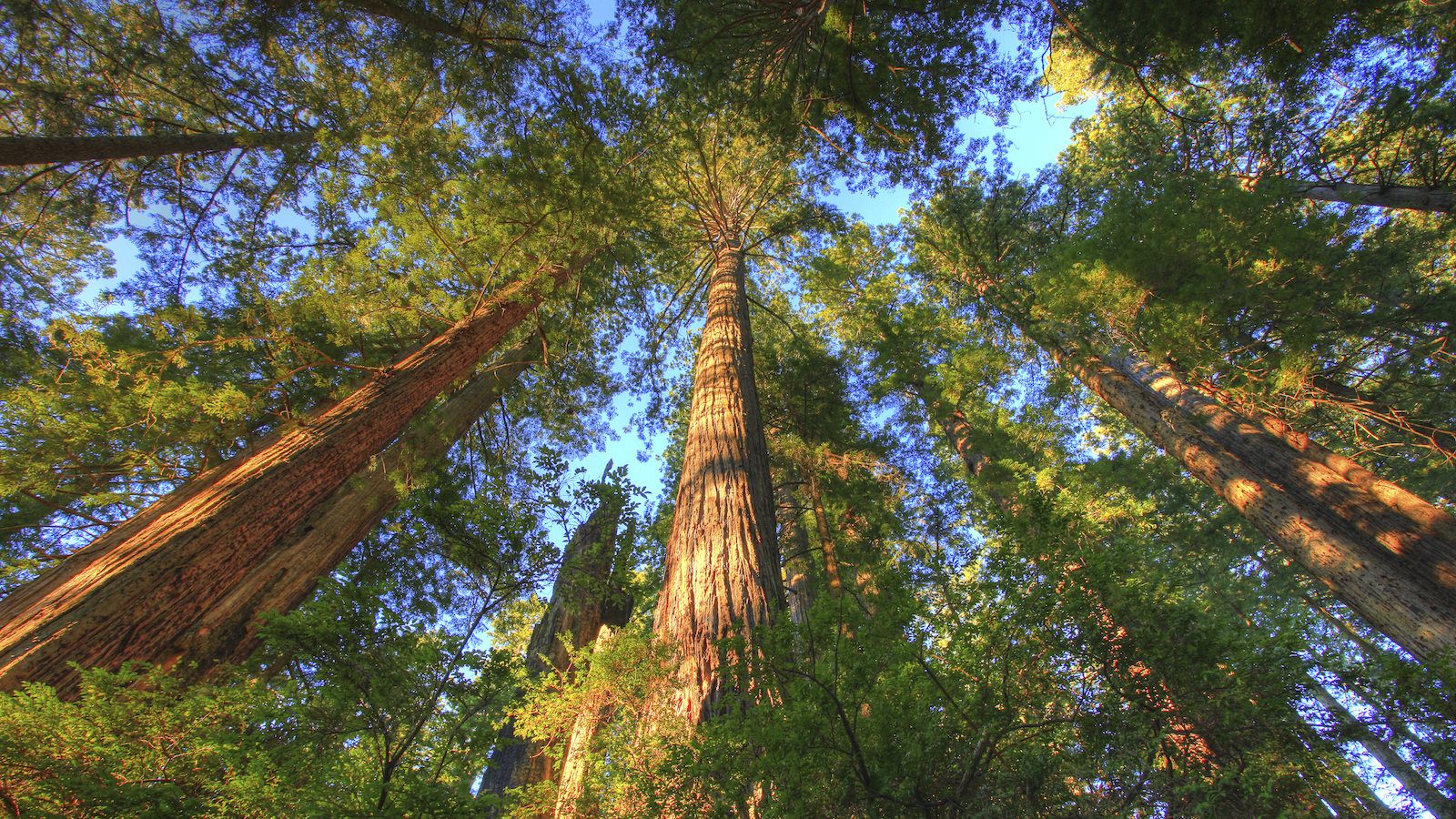
When it comes to trees, President Biden makes Earth Day count
